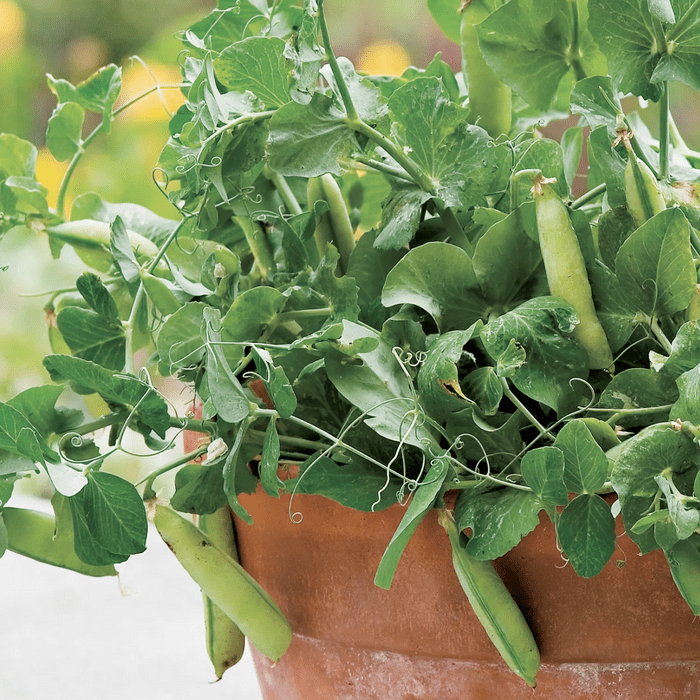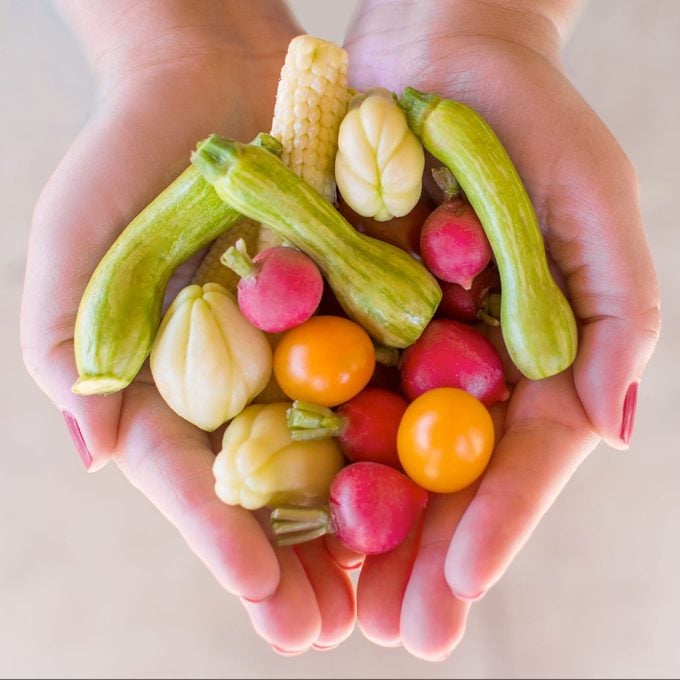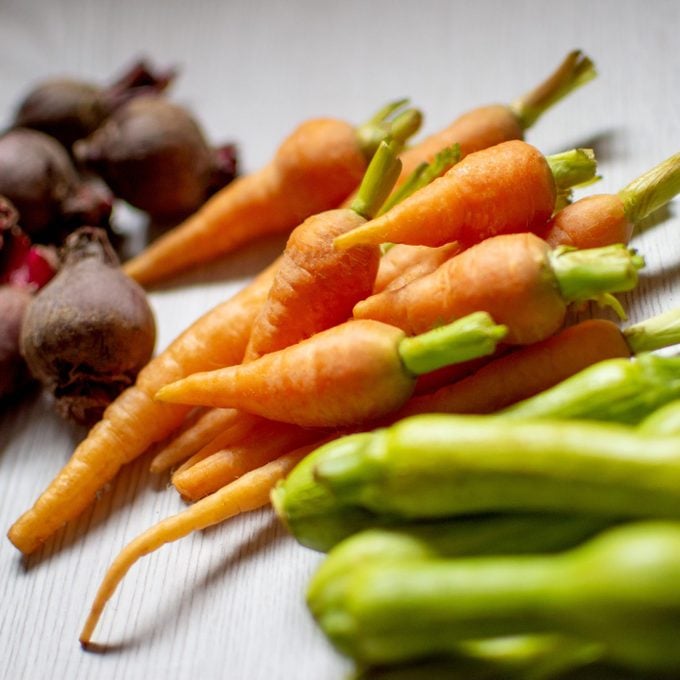What To Know About Mini Vegetables
Updated: Sep. 14, 2023

If you have a sunny outdoor spot, a place to put a big container and a little time, you can grow quite the garden with mini vegetable plants.
In the late 1980s, I carved out space for my first vegetable garden from a one-foot-wide strip of soil between my apartment patio and a small fence. I had never heard of mini vegetable plants or the idea of growing vegetables in containers, so I did my best to squeeze some green beans and a few tomato plants into that little space. There wasn’t room for much else.grow something to eat
Today, someone with that same limited space can choose from dozens of mini vegetable varieties. Now even if you don’t have a big suburban lot or the time to plant a big vegetable garden, you can still grow something to eat.
On This Page
What Are Mini Vegetables?
As the name suggests, mini vegetables — aka compact or dwarf vegetables — are much smaller than their standard counterparts. According to Josh Kirschenbaum, vegetable accounts manager for PanAmerican Seed, all can perform well in a container.
Like full-sized vegetable plants, mini vegetables usually require full sun. You’ll also need to water them more frequently, as often as twice a day during the hottest stretch of summer, depending on the size of the container. They also require more frequent fertilizing because all that watering quickly leaches out the nutrients the vegetables need to thrive.
Mini Vegetable History
As Jen McGuinness noted in her book Micro Food Gardening: Project Plans and Plants for Growing Fruits and Veggies in Tiny Spaces, by 2050 more than half of us will live in an urban environment. Where do we find room to plant our vegetables in a city?
Fortunately, the plant industry also recognizes this trend. Companies like PanAmerican Seed began breeding mini vegetable varieties about 15 years ago, focusing on those that grow well in containers and hydroponic systems like the AeroGarden.

Why Grow Mini Vegetables?
You won’t harvest bushels of produce when you grow mini vegetables, but there are still many good reasons to grow them.
Enjoy homegrown taste
You’ll discover homegrown vegetables, even small ones, often taste better than varieties sold in grocery stores. Plus, you can’t get fresher vegetables than those you pick and eat right away. If you grow mini vegetables in an indoor hydroponic system, you can also get that fresh taste year-round.
Spend less time and effort
Planting mini vegetables in containers takes less time and overall effort than planting a vegetable garden in the ground.
Teach kids where food comes from
When kids see mini vegetables growing up close, they learn where their vegetables come from.
Gain experience and courage to grow full-sized vegetables
Many people are timid about planting a large vegetable garden, even when they have the space for it. Success with mini vegetables often convinces new gardeners to move on and grow regular-sized vegetable plants.

Challenges With Mini Vegetables
Growing mini vegetables isn’t completely trouble-free.
Insects and diseases
Mini vegetables can be attacked by the same insect pests and diseases found in in-ground vegetable gardens.
Care and feeding
You’ll need to spend time caring for mini vegetables so they reach their full potential. This often means daily watering and weekly treatment with vegetable plant fertilizer.
Initial expense
Purchasing containers, potting soil or a hydroponic system be initially costly. Fortunately, most containers can be re-used for years.
Choosing Mini Vegetables
Deciding which mini vegetables to grow is no different than deciding which to grow in a regular garden.
- Grow vegetables you love to eat.
- How big will the plant be at maturity? Dwarf, mini, compact and ultra-compact are all terms describing smaller plants. Read the label to determine the mature size so you won’t be surprised.
- How big will your harvest be? Some mini plants also produce much smaller vegetables, while others are almost full-sized.
Finally, don’t limit yourself to just vegetable plants labeled dwarf, compact, mini, etc. Also look for full-size varieties that grow well in containers; they may be naturally smaller plants to begin with.
Best Mini Vegetables to Try
Thanks to the efforts of plant breeders, there are now many mini vegetable varieties to choose from and more come on the market every year. Here are three varieties I recommend:
- Watermelon ‘Cal Sweet Bush’: Will grow one watermelon in a large container, with vines that are 14 to 18 inches long.
- Peas ‘Peas-in-a-Pot’: Bred to grow well in a container.
- Tomato ‘Patio Choice Yellow F1’: Produces yellow cherry-type tomatoes on smaller plants.
